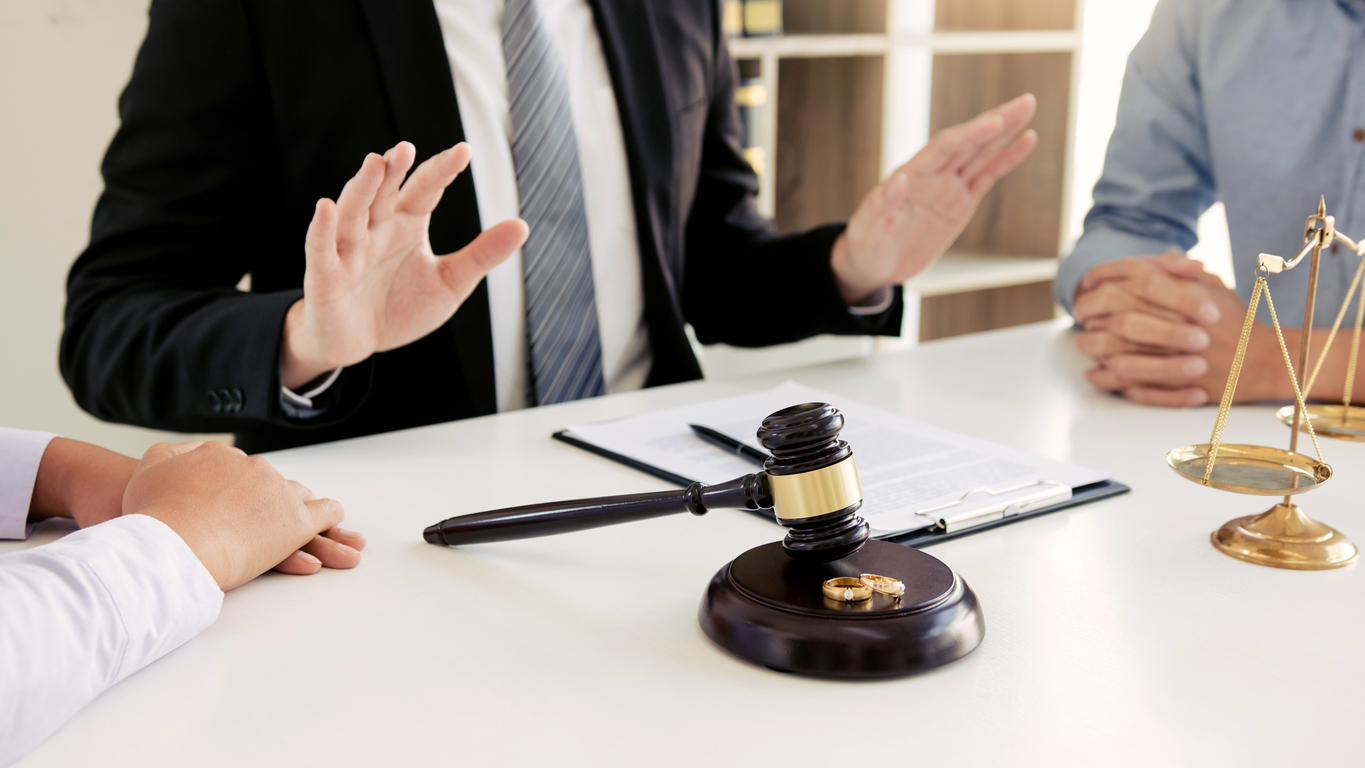
The impact of a prior criminal history on a criminal case is a significant consideration for the courts in Maryland. A criminal record can affect the outcome of a case in several ways, including the severity of the sentence, the admissibility of evidence, and the credibility of witnesses. In this blog post, we will explore the impact of prior criminal history on Maryland criminal cases.
Impact of Prior Criminal History on Sentencing
A prior criminal record can have a significant impact on the sentence that a defendant receives in Maryland. The Maryland Sentencing Guidelines take into account a defendant’s prior criminal history when determining an appropriate sentence. The guidelines assign points for each prior conviction, and the total number of points determines the defendant’s criminal history score. The higher the criminal history score, the more severe the sentence is likely to be.
The guidelines also distinguish between “violent” and “non-violent” offenses. A defendant with a prior conviction for a violent offense is likely to receive a more severe sentence than a defendant with a prior conviction for a non-violent offense. However, the guidelines do not specify which offenses are considered “violent.” Instead, the determination is left to the judge’s discretion.
Impact of Prior Criminal History on Evidence
A prior criminal history can also affect the admissibility of evidence in a Maryland criminal case. The state’s Rules of Evidence allow a prosecutor to introduce evidence of a defendant’s prior criminal conduct under certain circumstances. For example, evidence of prior convictions may be admissible to impeach the credibility of a witness or to show a defendant’s motive or intent.
However, the rules also provide for the exclusion of evidence if its probative value is outweighed by the risk of unfair prejudice to the defendant. In other words, the judge must weigh the relevance of the evidence against the potential harm it may cause to the defendant’s case.
Impact of Prior Criminal History on Witness Credibility
A defendant’s prior criminal history can also affect the credibility of witnesses in a Maryland criminal case. The state’s Rules of Evidence allow a prosecutor to impeach the credibility of a witness by introducing evidence of the witness’s prior criminal convictions. The prosecutor may also introduce evidence of the witness’s “bad acts” if they are relevant to the witness’s credibility.
However, the rules also provide for the exclusion of evidence if its probative value is outweighed by the risk of unfair prejudice against the witness. In other words, the judge must weigh the relevance of the evidence against the potential harm it may cause to the witness’s credibility.
Additionally, it is important to note that Maryland is one of the few states in the U.S. that has a “three-strikes” law, which means that individuals who are convicted of a violent crime after having two previous convictions for violent crimes face a mandatory life sentence without the possibility of parole. This law highlights the significant impact that a prior criminal history can have on the outcome of a criminal case in Maryland.
At Alpert Schreyer Criminal Defense Attorneys, we recognize the serious implications that a prior criminal history can have on an individual’s life, including employment, housing, and education opportunities. We believe that everyone deserves a second chance, and we work tirelessly to help our clients overcome the challenges associated with a criminal record.
Our attorneys have a deep understanding of Maryland criminal law, including the state’s “three-strikes” law, and we can help individuals who are facing mandatory life sentences due to a prior criminal history. We believe that every person deserves a fair and just trial, regardless of their past criminal record, and we are committed to fighting for our client’s rights and protecting their freedom.
If you or a loved one is facing criminal charges in Maryland, and you have concerns about the impact of a prior criminal history on the case, we can help. Contact us today to schedule a free consultation and learn more about how we can help you navigate the criminal justice system and protect your rights.
Contact the Criminal Defense Attorneys at Alpert Schreyer Criminal Defense Attorneys in Maryland for Help Today
For more information, contact Alpert Schreyer Criminal Defense Attorneys to schedule a confidential consultation with a criminal defense attorney. Our team is available to assist clients in Lanham, Frederick, Rockville, Waldorf, Annapolis, and Lexington Park, Maryland.
We proudly serve Prince George’s County, Frederick County, Montgomery County, Charles County and the surrounding areas. Visit our law offices at:
Alpert Schreyer Criminal Defense Attorneys – Lanham Office
4600 Forbes Blvd Ste 201 Lanham, MD 20706
(301) 262-7005
Available 24/7
Alpert Schreyer Criminal Defense Attorneys – Frederick Office
25 E Patrick St #200 Frederick, MD 21701
(301) 381-1993
Available 24/7
Alpert Schreyer Criminal Defense Attorneys – Rockville Office
11140 Rockville Pike 550-J Rockville, MD 20852
(301) 364-3195
Available 24/7
